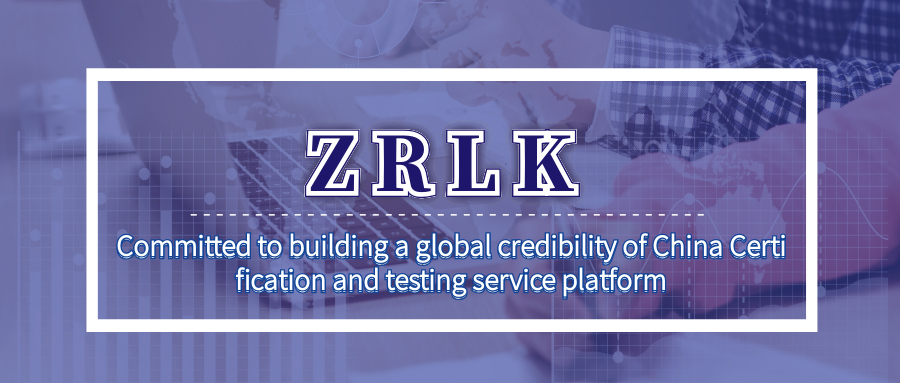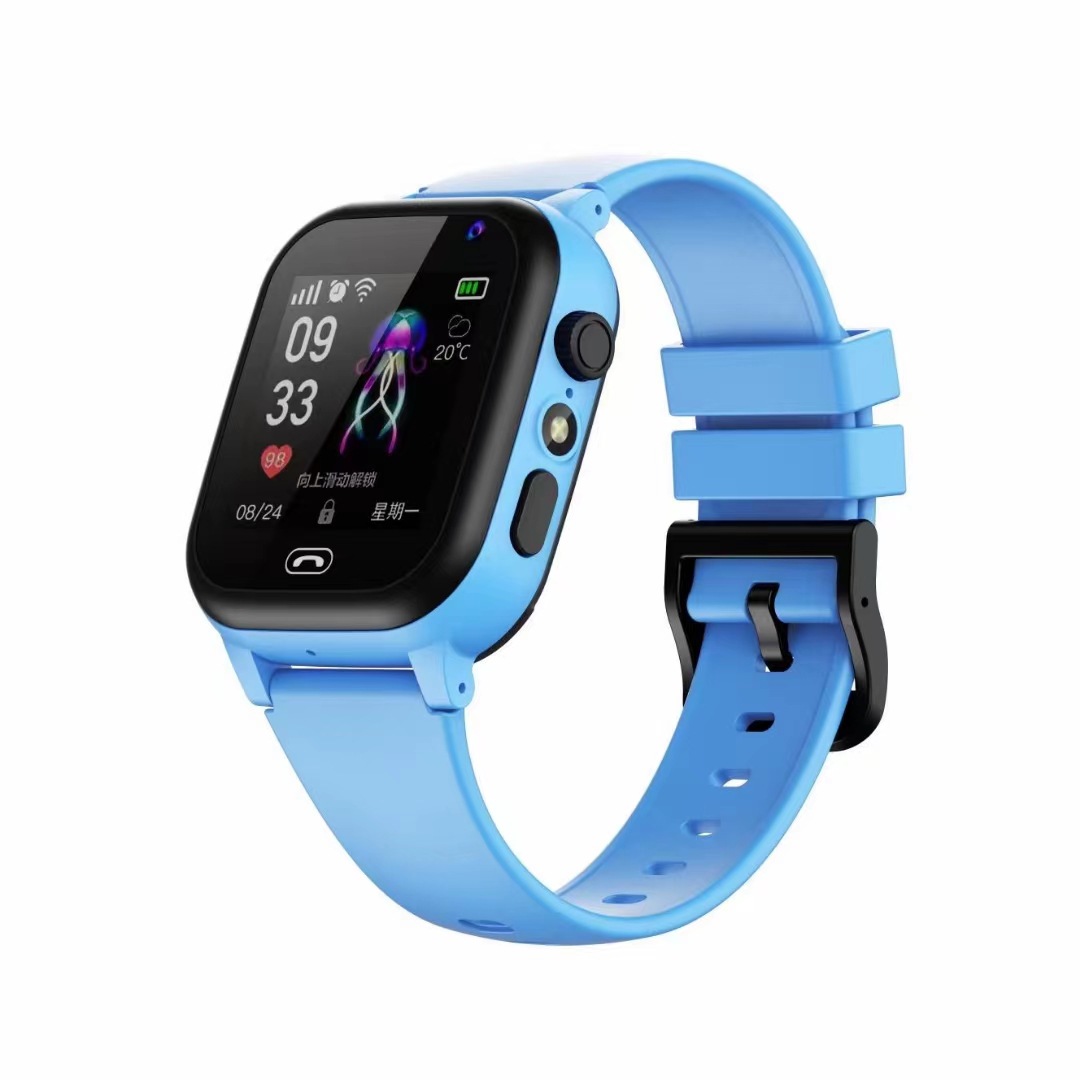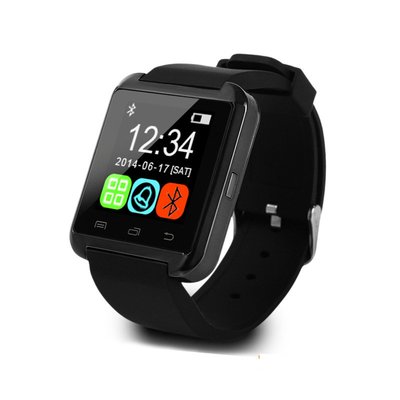<small id="wg64m"></small> 
basic introduction
The Consumer Goods Safety Association (CPSC) of the United States passed the Consumer Product Safety Act (CPSIA) in 2008, placing many important regulatory responsibilities on manufacturers, distributors, retailers and exporters of consumer products, especially toys and children’s products. Toys and children's products entering the United States must meet CPSIA product safety requirements and be tested by a CPSC accredited testing laboratory to issue a children's product certificate (CPC) or general product certificate (GPC) to prove their compliance with relevant federal regulations and mandatory safety Standards and, where feasible, attach permanent tracking information to the product and its packaging.
ZRLK is an independent third-party testing and certification laboratory that has been recognized by CPSC. Our testing capabilities not only cover CPSIA requirements, but also extend to other regulatory testing requirements such as ASTM F963 for toys and children's products.
CPSIA testing
Lead in substrate (Chapter 101(a))
Lead in paint or surface coatings (Chapter 101(f))
8 phthalates (DEHP, DBP, BBP, DINP, DIBP, DPENP, DHEXP (DnHP), DCHP) (16 CFR 1307)
ASTM F963 test
Physical and mechanical testing
Fire test
Soluble heavy metal content
Total lead content
Soluble cadmium in small metal parts
Food contact material testing (FDA/21 CFR 170-189)
Hazardous Art Material Label (LHAMA-ASTM D4236)
Safety test of battery operated toys
Fill material cleanliness
Sound level test
Magnetic toy test
Toy cosmetics, liquids, pastes, putties, gels and powders


KC certification is a mandatory certification system implemented in South Korea for electronic and electrical products, aimed at ensuring that products comply with South Korea\'s safety and electromagnetic compatibility standards. The Korean market has strict quality control over imported goods, and smart rings, as electronic products, must pass KC certification in order to be legally sold in the Korean market.
CE-RED certification is a mandatory compliance requirement of the European Union for wireless devices. For smartwatches with wireless functions such as Bluetooth and Wi Fi, its importance is mainly reflected in the following three aspects.

The Brazilian market has enormous potential, but in order to successfully enter, ANATEL certification is an essential first step. As an authoritative standard certified by the Brazilian Communications Authority, ANATEL certification is not only a guarantee of product quality, but also a legal entry threshold into the Brazilian market.
The Consumer Goods Safety Association (CPSC) of the United States passed the Consumer Product Safety Act (CPSIA) in 2008, placing many important regulatory responsibilities on manufacturers, distributors, retailers and exporters of consumer products, especially toys and children’s products. Toys and children\'s products entering the United States must meet CPSIA product safety requirements and be tested by a CPSC accredited testing laboratory to issue a children\'s product certificate (CPC) or general product certificate (GPC) to prove their compliance with relevant federal regulations and mandatory safety Standards and, where feasible, attach permanent tracking information to the product and its packaging.
Get a quote